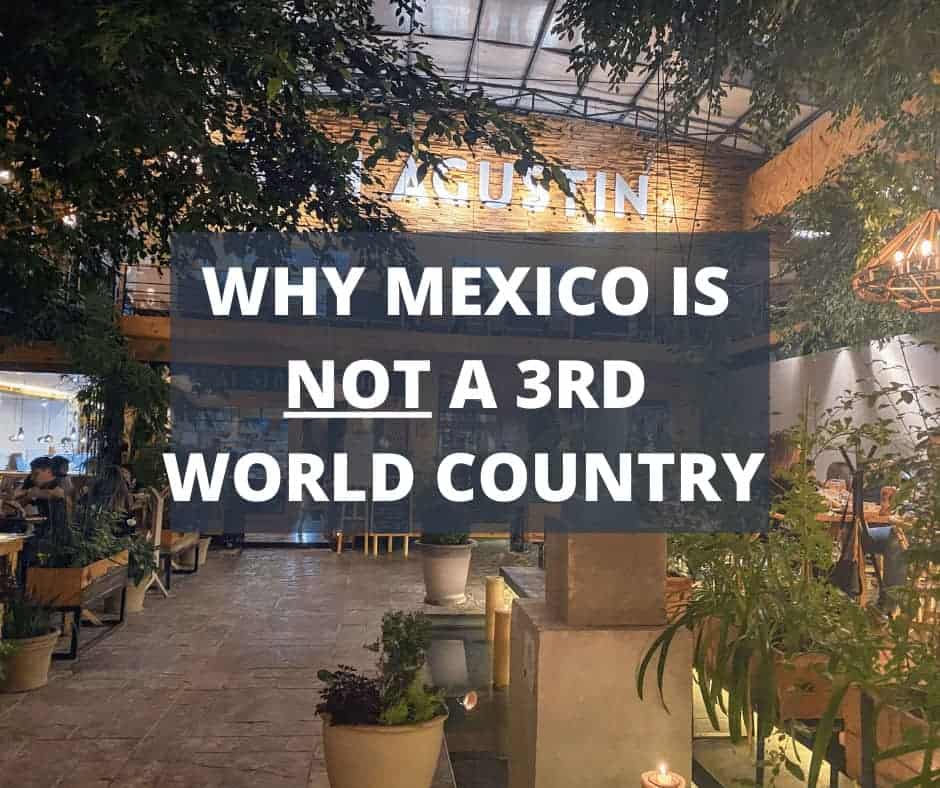Third World Country Mexico

Mexico, a nation of rich cultural heritage and breathtaking landscapes, stands at a crossroads in its journey towards sustainable development. As a third world country, it grapples with a myriad of challenges ranging from economic disparities to environmental degradation. Yet, amidst these obstacles, Mexico is forging ahead with determination, leveraging its strengths and embracing innovation to carve out a brighter future for its people.
One of the most pressing issues facing Mexico is poverty. While the country boasts a thriving urban landscape, rural communities often languish in poverty, lacking access to basic necessities such as clean water, education, and healthcare. The government has implemented various social programs aimed at alleviating poverty, including cash transfer schemes and infrastructure development projects. However, the challenge remains daunting, requiring sustained efforts and targeted interventions to uplift marginalized communities.
Furthermore, Mexico’s economy is characterized by a stark contrast between wealth and poverty. The country is home to a burgeoning middle class and a vibrant business sector, yet income inequality persists, with a significant portion of the population living below the poverty line. Addressing this disparity requires comprehensive reforms aimed at creating equitable opportunities for all Mexicans, regardless of their socio-economic background.
In addition to socio-economic challenges, Mexico faces environmental threats that endanger its ecological diversity and natural resources. Deforestation, pollution, and climate change pose significant risks to the country’s biodiversity and agricultural productivity. Recognizing the urgency of environmental conservation, Mexico has taken steps to protect its natural heritage, establishing conservation areas, promoting sustainable agriculture practices, and investing in renewable energy initiatives.
Moreover, Mexico is grappling with issues of corruption and political instability, which undermine public trust and impede progress towards sustainable development. Rooting out corruption requires concerted efforts to strengthen institutions, enhance transparency, and promote accountability at all levels of government. Only through effective governance can Mexico create an enabling environment for sustainable growth and development.
Despite these challenges, Mexico possesses immense potential for transformation. Its young and dynamic population, coupled with a rich cultural heritage, fuels creativity and innovation across various sectors. Moreover, Mexico’s strategic geographical location and trade partnerships offer opportunities for economic diversification and global integration.
To unlock its full potential, Mexico must pursue a holistic approach to development that balances economic growth with social inclusion and environmental stewardship. This entails investing in education and healthcare, fostering entrepreneurship and innovation, and promoting sustainable practices across industries. By harnessing the collective efforts of government, civil society, and the private sector, Mexico can overcome its third world challenges and emerge as a beacon of progress and prosperity in the global arena.
Conclusion
Mexico stands at a critical juncture in its quest for sustainable development. While the road ahead is fraught with obstacles, the country possesses the resilience and ingenuity to overcome them. By addressing issues of poverty, inequality, environmental degradation, and corruption, Mexico can unlock its full potential and pave the way for a brighter future for generations to come. As the world watches, Mexico’s journey towards sustainable development serves as a testament to the power of perseverance and the promise of progress in the face of adversity.





